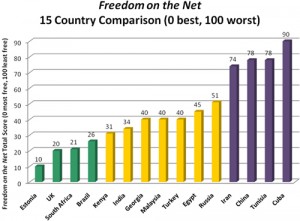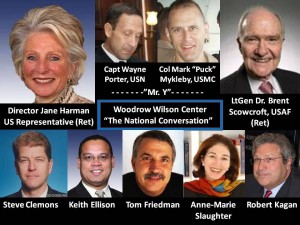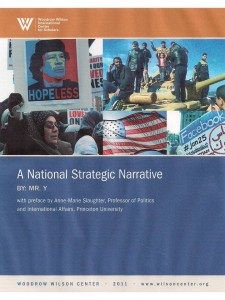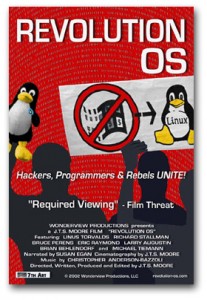
JOURNAL: The Education Bubble
Peter Thiel (Paypal and other ventures) has been making some waves for his position that higher education in the US is the next bubble. In short, he's right. Given what we now have available in terms of tools, it should be possible to get an Ivy league education for $20 a month.
Instead we are getting a stagnant product that is so out of date that it doesn't deliver much social and economic value. Even worse: it's undergoing hyper-inflationary price increases.
. . . . . . .
The solution to this problem is to help create employment opportunities (like what we are doing with our open venture start-up) that don't use a degree as a gating mechanism. A solution that creates its own educational modules if needed (from scratch using modern tools and techniques). A solution that delivers something better than an Ivy league eduction and then backs it up with economic and social opportunities that exceed what you get in the global econonomic and social sprawl.
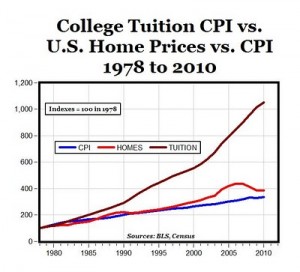
Peter Thiel: We’re in a Bubble and It’s Not the Internet. It’s Higher Education.
Sarah Lacy Apr 10, 2011
TechCrunch
Image Source: Mark J. Perry (read article)
Fair warning: This article will piss off a lot of you.
I can say that with confidence because it’s about Peter Thiel. And Thiel – the PayPal co-founder, hedge fund manager and venture capitalist – not only has a special talent for making money, he has a special talent for making people furious.
. . . . . . .
Like the housing bubble, the education bubble is about security and insurance against the future. Both whisper a seductive promise into the ears of worried Americans: Do this and you will be safe. The excesses of both were always excused by a core national belief that no matter what happens in the world, these were the best investments you could make. Housing prices would always go up, and you will always make more money if you are college educated.
Like any good bubble, this belief– while rooted in truth– gets pushed to unhealthy levels.
. . . . . . .
But Thiel’s issues with education run even deeper. He thinks it’s fundamentally wrong for a society to pin people’s best hope for a better life on something that is by definition exclusionary.
. . . . . . .
Thiel’s solution to opening the minds of those who can’t easily go to Harvard? Poke a small but solid hole in this Ivy League bubble by convincing some of the most talented kids to stop out of school and try another path. The idea of the successful drop out has been well documented in technology entrepreneurship circles. But Thiel and Founders Fund managing partner Luke Nosek wanted to fund something less one-off, so they came up with the idea of the “20 Under 20″ program last September, announcing it just days later at San Francisco Disrupt. The idea was simple: Pick the best twenty kids he could find under 20 years of age and pay them $100,000 over two years to leave school and start a company instead.
Read entire article by Sarah Lacy….

Phi Beta Iota: Read the chapter “Paradigms of Failure” in ELECTION 2008: Lipstick on the Pig (EIN, 2008) to understand that the depth and breadth of the integrity failure in the USA. “Credentialling” is a form of top-down sub-prime scam, selling a credential instead of an education. As Thiel suggests, time for change at the top is long over-due.

